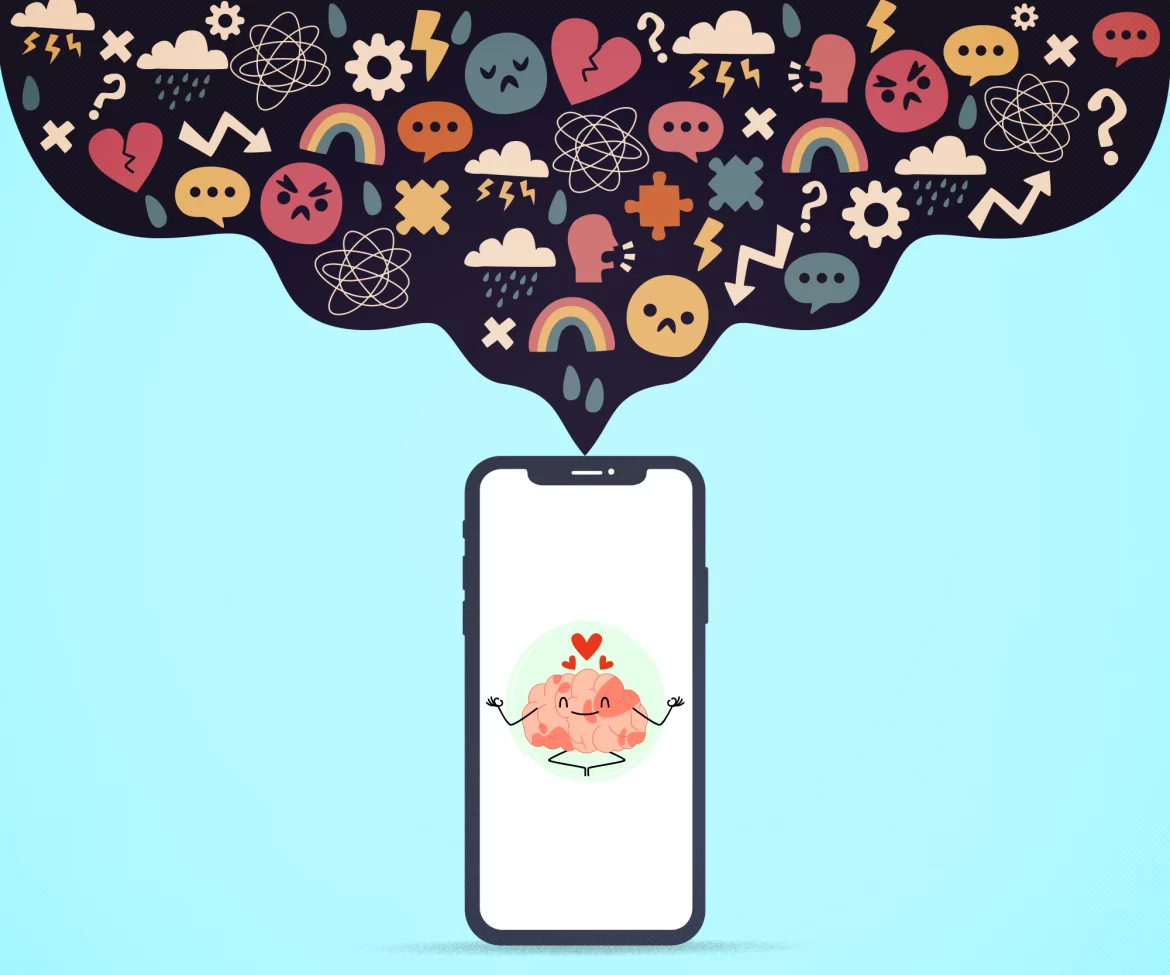Apps designed to track symptoms can help patients better track their health, with numerous mental wellness apps offering guided meditations or sleep casts; others may offer motivational tips or gamification to encourage behavior change.
However, many of these apps lack HIPAA protections that would ensure user data remains private and safe.
Connecting with a Therapist
Mental health apps enable users to connect with therapists via video call, text message or email. These apps often feature lists of therapists with thumbnail photos, biographical sketches and consumer reviews as well as allowing clients to choose how often they’d like to communicate with them (daily or weekly).
Many of these apps also provide self-monitoring capabilities that empower users by allowing them to monitor symptoms and emotions on their own, rather than solely depending on therapists for guidance. This empowers individuals and enables them to become active participants in their own care rather than depending solely on professionals for guidance.
Concerns surrounding mental health apps often center around sharing private user data with researchers for public and academic use, however this practice is commonplace and governed by both federal and state law. Most apps in this category have clear privacy policies detailing which information will be shared with researchers; additionally some allow users to delete personal information or accounts at will.
Tracking Mood
Happify helps users track moods by providing weekly reports about how they’re feeling. It also offers tools to manage anxiety and depression; Happify uses psychological theories and cognitive behavioral therapy techniques to teach users how to overcome negative thinking patterns.
Many mental health apps use gamification – the practice of adding game elements to apps in order to make them more engaging – in order to increase user participation in their recovery, so they’re more likely to keep using the app and see progress over time.
As part of designing mental health apps, it’s crucial that user privacy be considered. Since healthcare involves highly confidential data, protecting it with encryption is of utmost importance. Furthermore, apps should be user-friendly with straightforward onboarding processes and an accessible interface so users can trust that their sensitive information will remain safe from leakage and remain secure.
Keeping a Journal
Maintaining a journal using a mental health app can help users identify triggers and track moods more effectively, as well as teach coping techniques such as meditation or mindfulness exercises.
Mental health apps can help users build a strong foundation for their treatment while breaking down barriers to care. One study revealed that most users felt they were more likely to engage in psychotherapy as a result of using mental health apps.
Most mental health apps are either free or low cost compared to psychotherapy sessions ranging between USD 100 to $200 per session, however according to recent thematic analysis of user reviews of 106 mental health apps it remains vital for future research to investigate how individual differences impacting usage and engagement affect efficacy of digital interventions such as these [23]
Managing Stress
if you’re feeling anxious or overwhelmed, a mental health app could provide much-needed support. By playing games, activities and using worksheets online to learn coping skills that will enhance your mood, some apps even provide guided meditation, breathing exercises and sleep tracks – as well as connect you with a therapist for anxiety, depression or addiction treatment.
Happify is a free app designed to improve mood and alleviate anxiety. Utilizing strategies drawn from psychology and cognitive behavioral therapy, Happify will teach you how to recognize negative thinking patterns and overcome them by showing you ways to recognize them and alter them.
Mental health apps provide a convenient and private alternative to traditional treatment methods; however, they should be used carefully as there may be certain risks involved. One way to mitigate them would be using one with an easy user-interface and customization options; additionally users should ensure it has a secure password to prevent anyone else from gaining access to your information.





